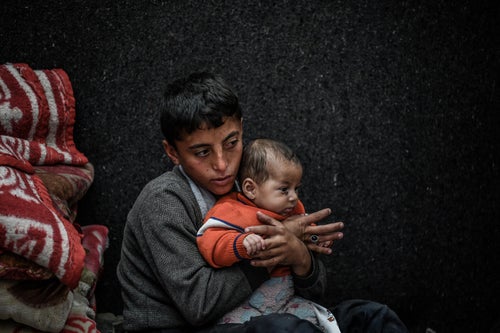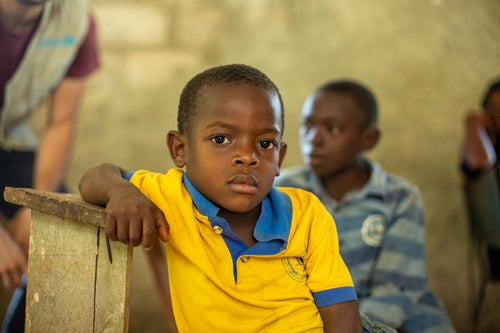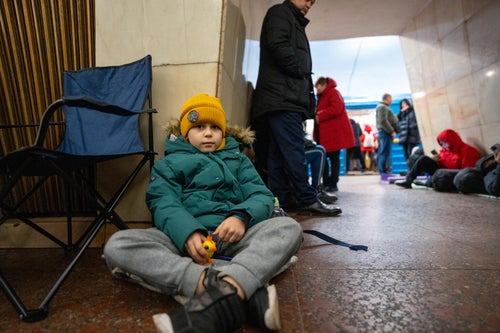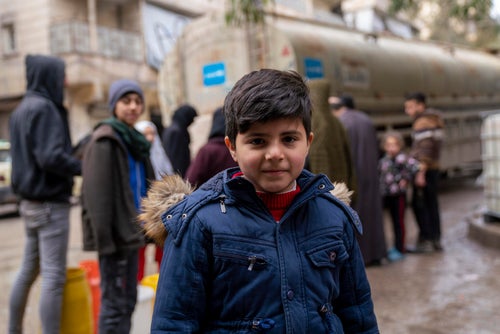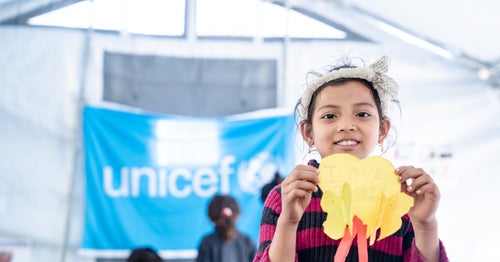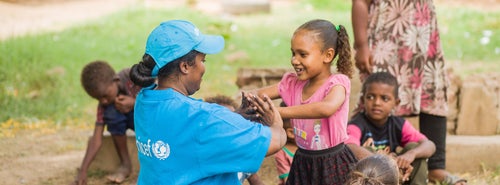Children in Lebanon are enduring crisis on top of crisis.
Set against the backdrop of the Mediterranean coast and mountainous terrain, Lebanon is a nation with a captivating blend of cultures and traditions. It has grappled with political and economic challenges, including a prolonged civil war from 1975 to 1990, from which the country is still recovering.
Today, Lebanon is experiencing compounding challenges. With high unemployment rates, children are leaving school early to help supplement household income, creating an education crisis. Over 60 per cent of children are currently living in food poverty, and the health system is on the verge of collapse after years of being overstretched.
The ongoing conflict in Lebanon’s neighbouring countries has brought an influx of Syrian and Palestinian refugees seeking safety within its borders. And as tensions continue to rise in south Lebanon, children and their families are facing an uncertain future.
The cost of the escalating crisis on Lebanon’s children
Since the conflict escalated between the State of Palestine and Israel in October 2023, Lebanon has been enduring a rise in cross-border conflict, displacing tens of thousands of children and their families.
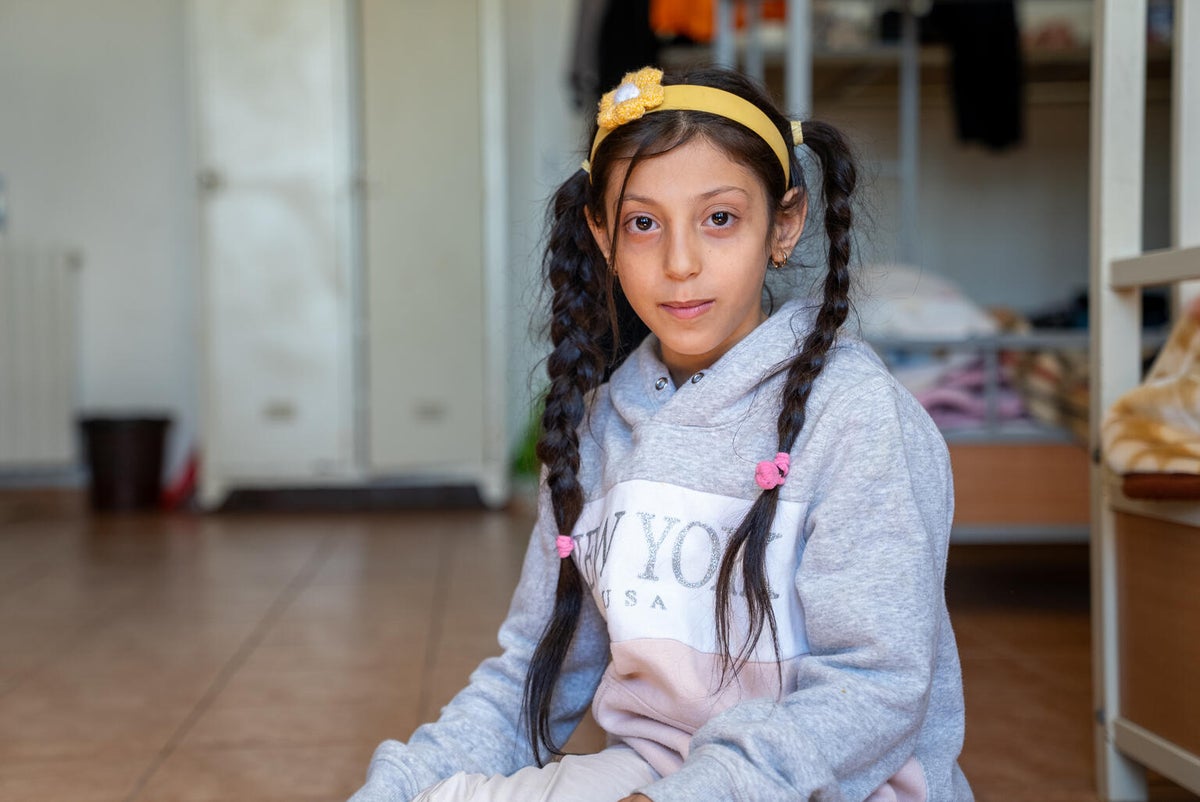
Displaced children in Lebanon longing for home
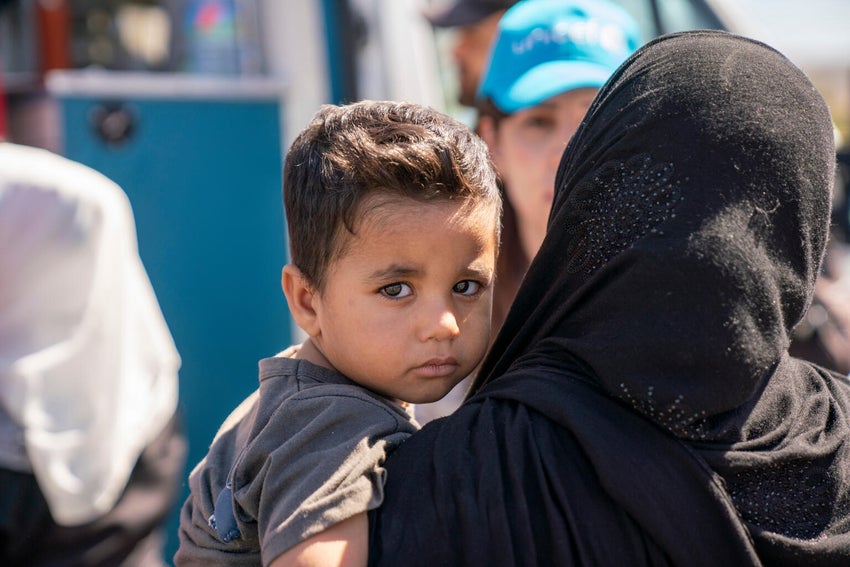
Latest statements from UNICEF
Statement by UNICEF Executive Director Catherine Russell on the announcement of a ceasefire in Lebanon
UNICEF welcomes the announcement of a ceasefire in Lebanon, which we hope will bring an end to the war which has killed more than 240 children, injured around 1,400, and upended the lives of countless others. This is an essential first step toward allowing communities to heal and rebuild after months of turmoil and loss.
Where was the conflict in Lebanon?
Since the conflict between Israel and State of Palestine escalated in October 2023, there was an increase in hostilities at the Lebanon and Israel border, resulting in airstrikes in Beirut.
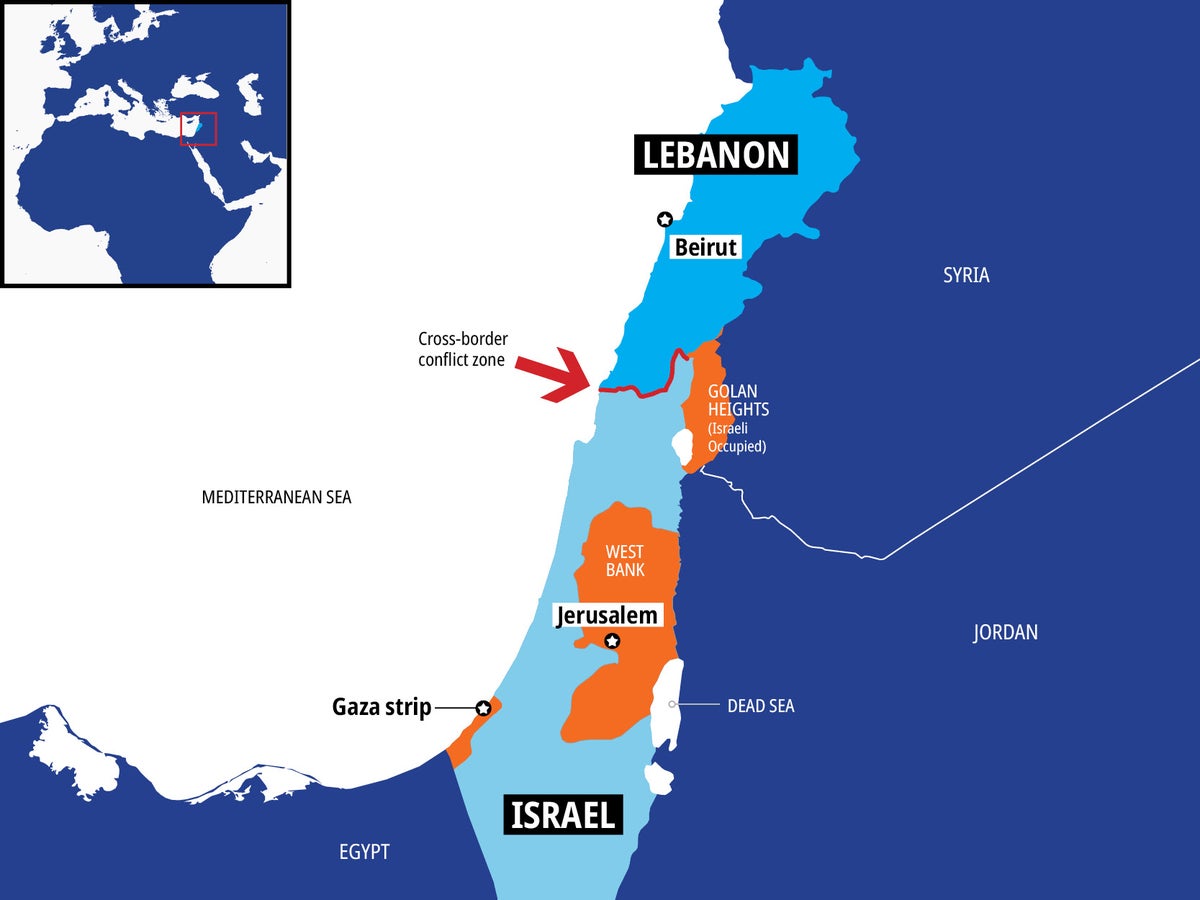
The cost of the crisis on children
3.9 m
People in need of humanitarian support in Lebanon.
1.2 m
People are internally displaced, including 400,000 children.
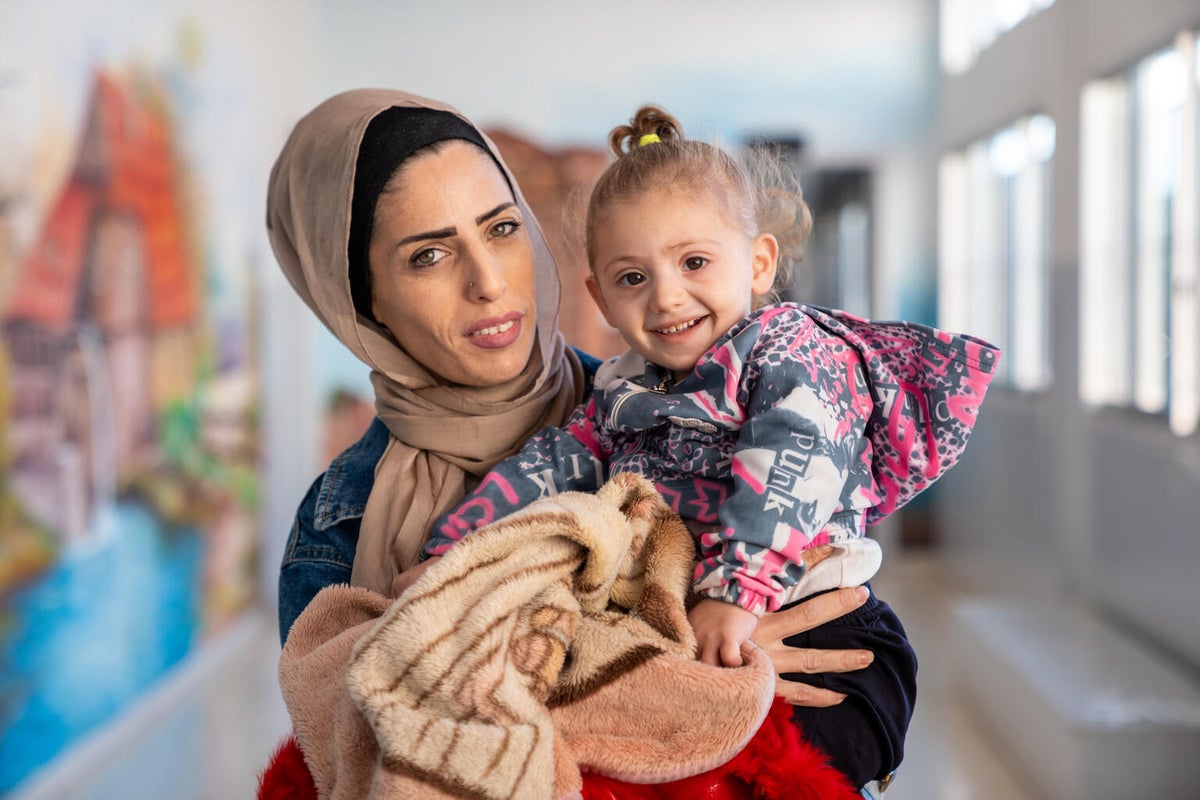
How is UNICEF helping?
Without a permanent ceasefire in the region, Lebanon is at risk of a full-scale war, which would have a devastating impact on the 1.9 million children living in the country today.
UNICEF continues to support children and their families in Lebanon with safe drinking water, lifesaving nutrition and healthcare, and access to education while working to keep children safe from harm. We will continue to respond to the cross-border conflict as the situation evolves.
2.4 m
In 2023, UNICEF reached over 2.4 million people with safe drinking water.
121,000
In 2023, UNICEF reached over 121,000 young children and their caregivers with lifesaving nutrition and health care.

Children of Lebanon Crisis
Children are living through an unfolding crisis as the escalation in the conflict with Israel intensifies. When you donate to support our emergency work, you can help us be there for every child before, during and after an emergency, no matter what.







